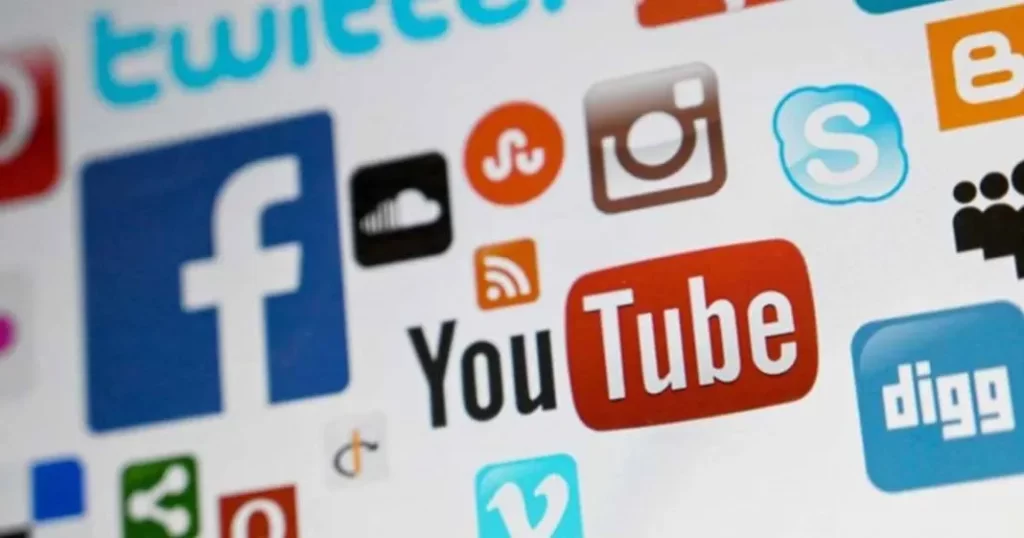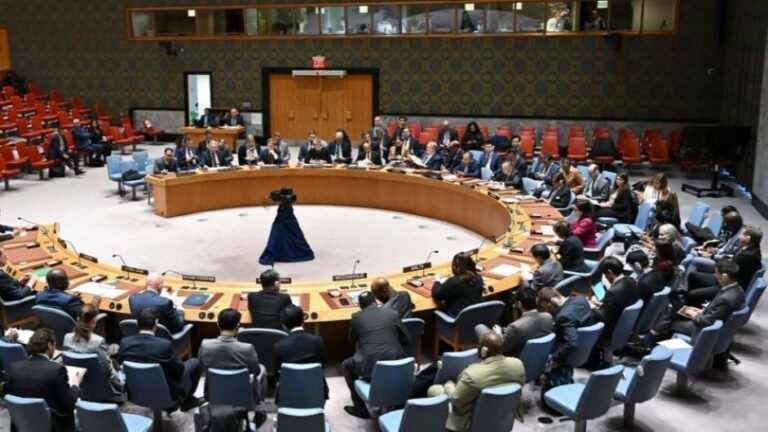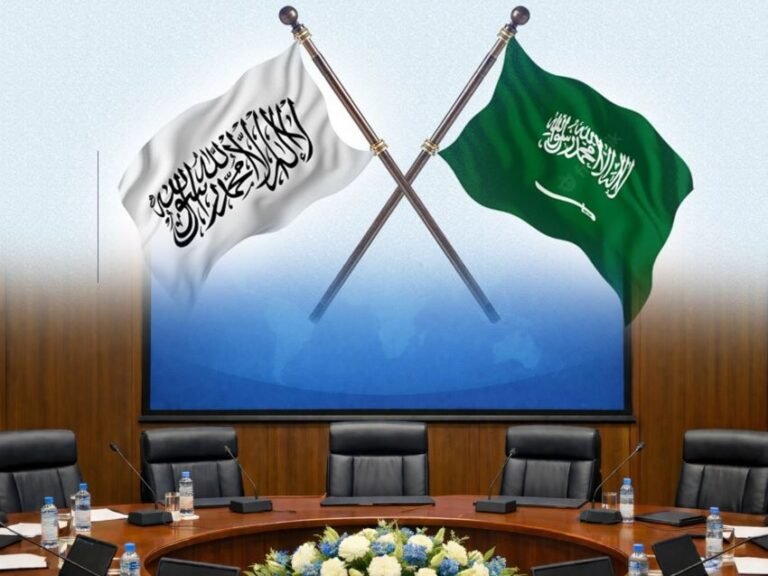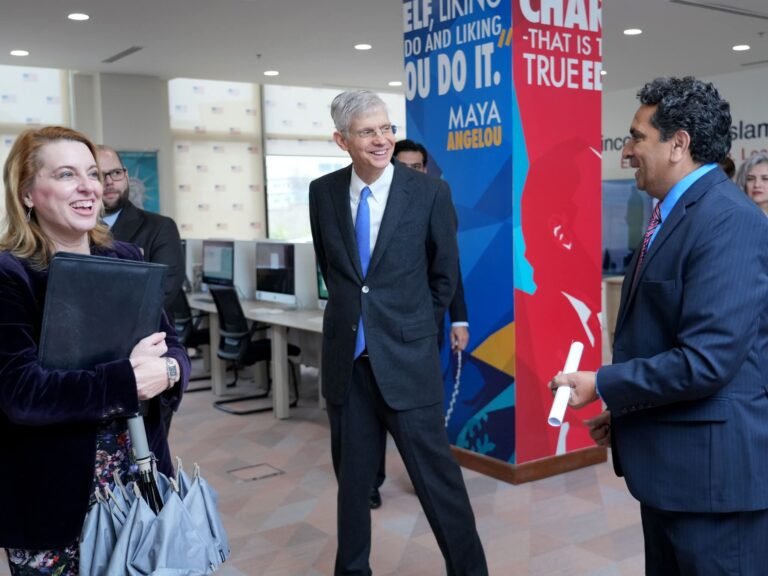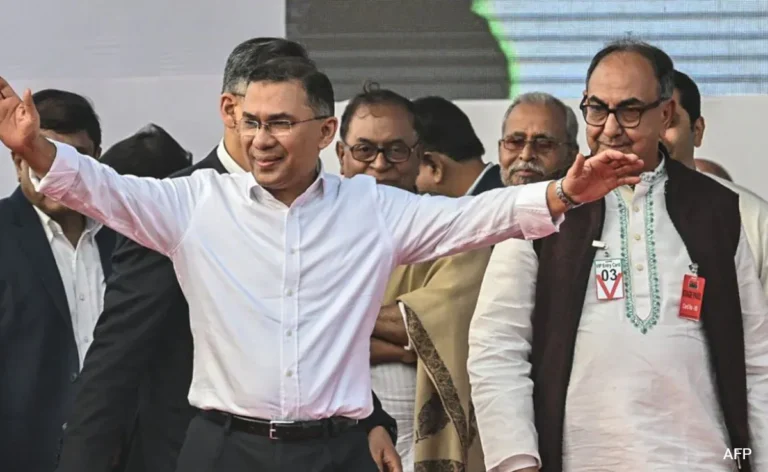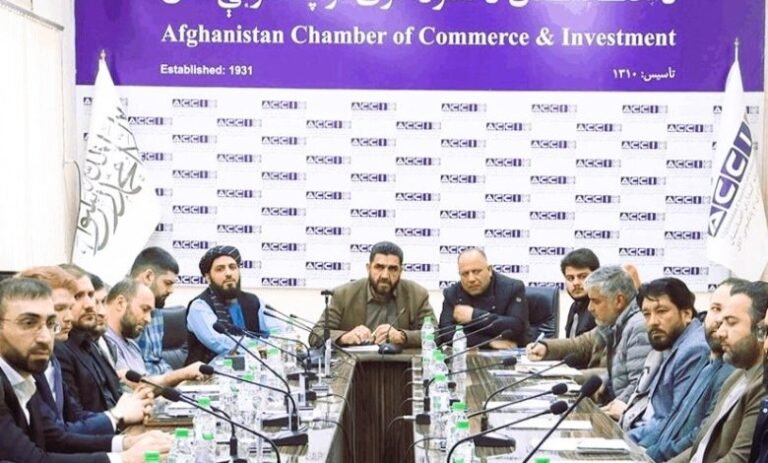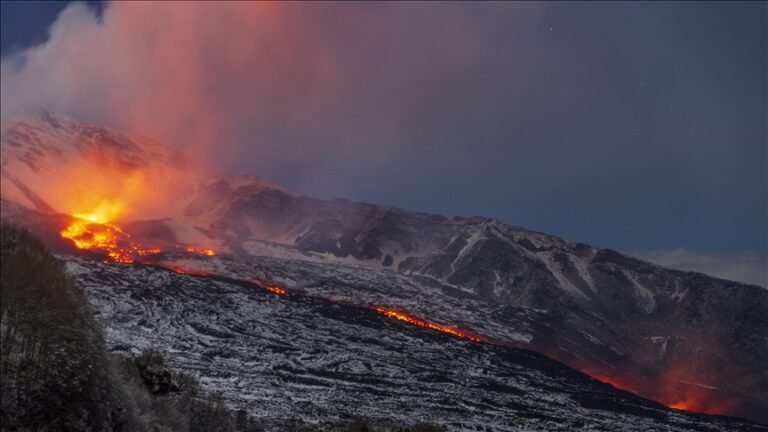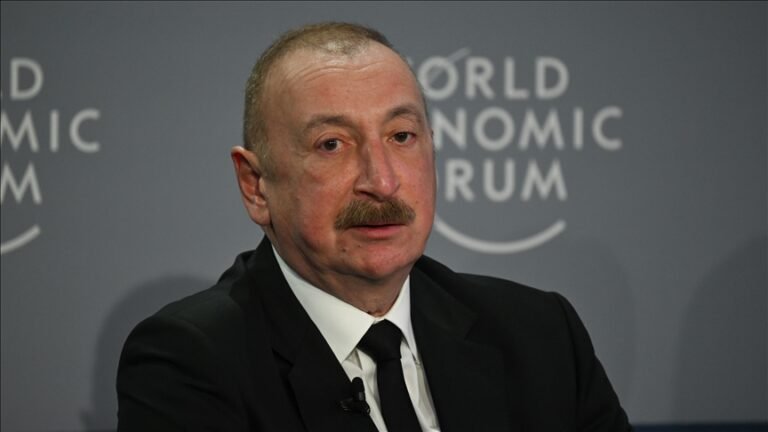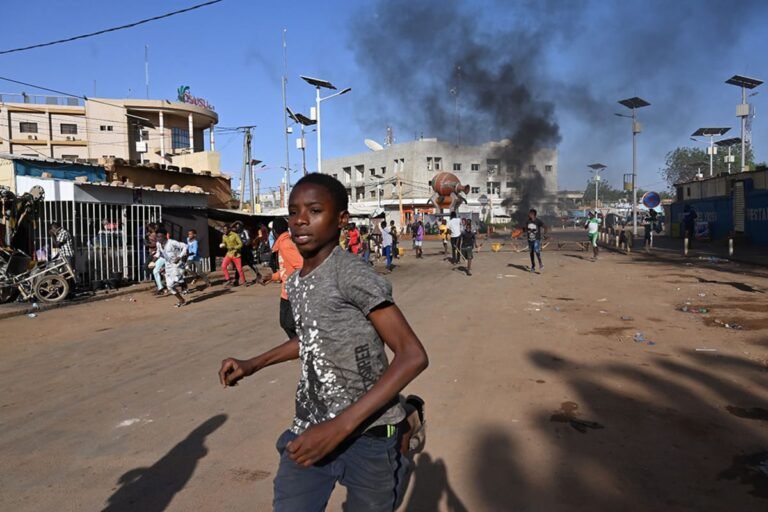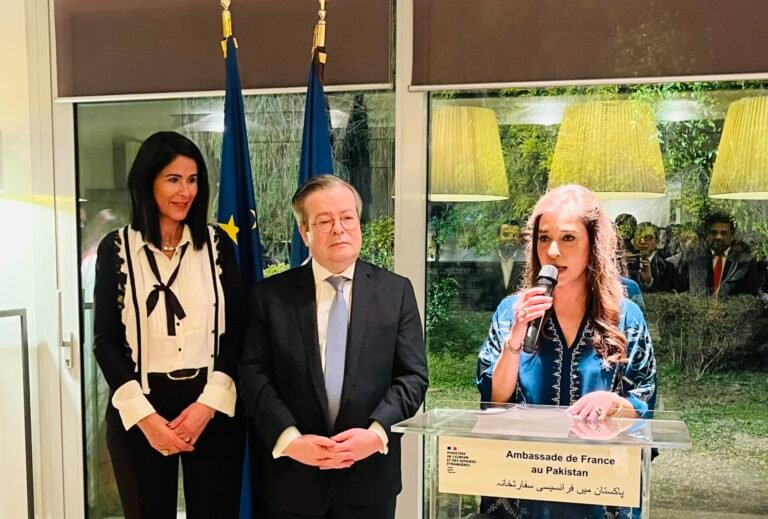Asad Ali
Social media platforms are the primary means of sharing news and expressing ideas in the contemporary world. However, it has also led to an increase in online slandering and bullying.
The beneficial effects of Facebook, Twitter, and other social networking sites are significantly outweighed by their negative effects. It would not be incorrect to conclude that Pakistani society appears to be engaged in a catastrophic social media war.
Religious radicals, political organizations, terrorists, and external opponents use these new technology platforms to destabilize an already fragile social fabric further.
Pros and Cons of Social Media
Everyone agrees that social networking is an effective tool for people and businesses. Whether advertising new items or enhancing customer involvement, social media platforms provide abundant tools and possibilities to interact directly with the target audience.
However, how does one communicate when chaos ensues? Covid-19 has impacted everything in the past year, including the use of social media.
It may seem absurd to share happy stories when everything begins to feel indecent during a pandemic. Still, the reality is that what is acceptable and what is unacceptable on social media has evolved significantly over the past year.
The new norm, in which screens enable more of everyday interactions, has compelled people to modify their behavior on these networks, with the complexity and realities of global existence displacing many assumed notions.
The major factors that contributed to bringing chaos to the society include differences of opinion, rapid dissemination of information, and authenticity of the information.
Everyone owns an opinion, but it brings the discussion into an arena when people don’t respect each other’s opinions.
The more significant issue arises when members of several entitled groups or individuals hold divergent viewpoints and come into conflict with one another.
The debate always gets popular very quickly because both participants are renowned or popular, which causes the flames to spread even more quickly as more people join in to advocate their respective sides.
This happens because everyone on the internet treats themselves as intellectual and believes that whatever they say is correct, modesty no longer exists in modern society.
It is essential to think for oneself, avoid being misled, and realize that the number of likes or followers, does not certify that the person receiving such attention is always right and superior to others.
Being on the side that is in the minority does not magically makes a person wrong. In the internet world, there is no clear definition of right and wrong.
Information is one of the most significant commodities in today’s world. Many people take advantage of being the first to know and share information.
No doubt, with more knowledge, more informed decisions can be made. It heightens awareness, enabling individuals to avoid potentially harmful situations, and preparing them for difficult trials.
However, the rapid flow of content development and dissemination also creates a situation in which truth and lies are mixed.
This scenario creates a fertile ground for the spread of fear and the exacerbation of crises, providing more room for other disorders to bring intolerance and prejudice to society.
The current generation must stay informed about the happenings in the world and should keep an active eye on the domestic circumstances.
It is essential to understand that exchanging information is a behavior that must be followed by accountability and awareness.
One piece of information can either save lives or destroy others, and one comment can either bring awareness to admirable acts of solidarity or feed hate and prejudice.
Social Media and Fake News
Social media has democratized the tools of news generation and distribution, but it has also become a breeding place for misleading and fake news.
The term “fake news” has entered the mainstream, and consumer loyalty, even the most established forms of media have suffered severe destruction as a result. Rumors can be spread on the internet about the legality of certain foods, goods, chemicals, or therapies.
Unfortunately, social media users may keep spreading this inaccurate information, which may lead the potential buyer to refrain from purchasing or even assessing the items or services mentioned in such posts.
Similarly, most political and religious wars begin because of misinformation, which paves the way for sectarian and ethnic clashes.
Likewise, the most alarming issue with social media is that most activities are performed without accountability. Internet order depends on the self-discipline of its users.
Social media emerged as a means to stay connected and aware of the latest happenings around the world. Regardless, unfortunately, things went awry, and social media is becoming increasingly disordered every passing day.
The principle behind most social media platforms is certainly sound and enticing, but an increasingly complete cyber domain has ravaged it.
It cannot be denied that the social site itself played any role in this mess, but individual ignorance is to be blamed. Perhaps it is time to re-check the policies and examine social media usage to see if it’s being used responsibly or not as it’s never too late.
*The writer is Islamabad based regular contributor
**The Diplomatic Insight does not take any position on issues and the views represented herein are those of the author(s) and do not necessarily reflect the views of The Diplomatic Insight and its staff.
Established in December 2008, The Diplomatic Insight is Pakistan’s premier diplomacy and foreign affairs magazine, available in both digital and print formats.

